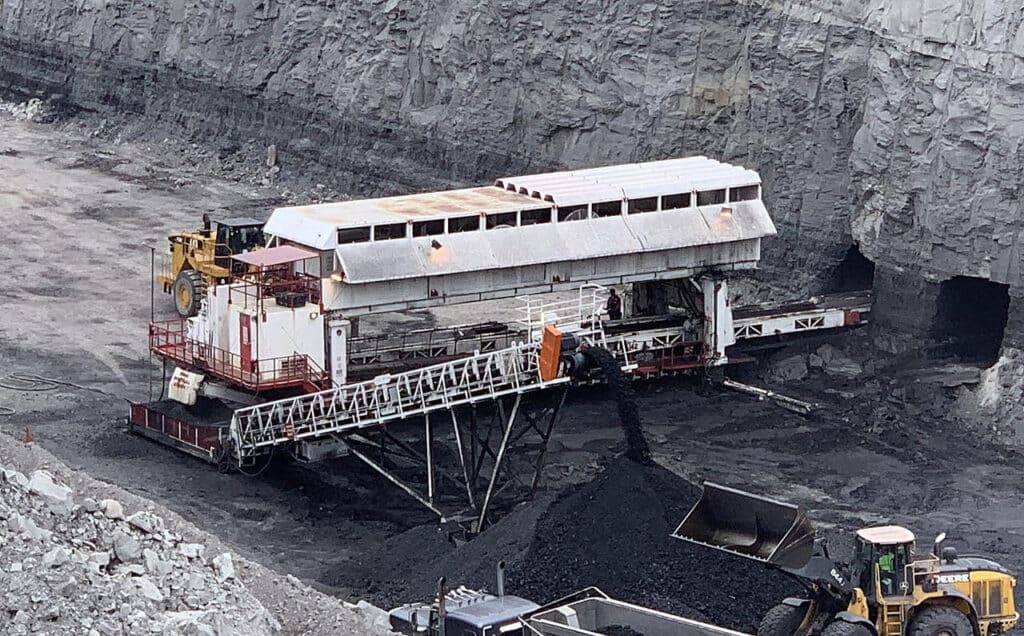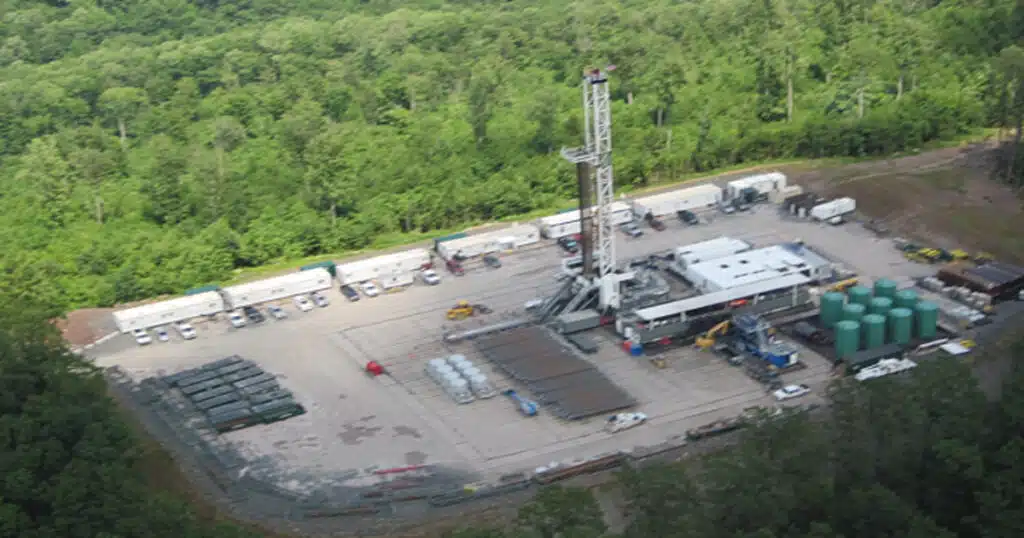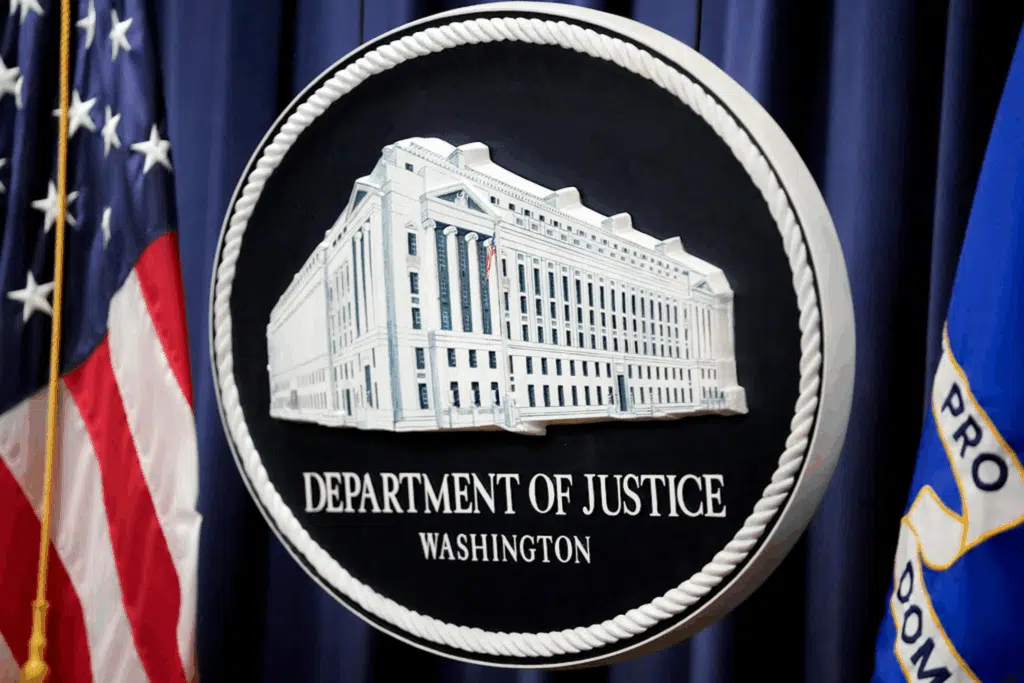
Interior Secretary Admits Biden Green Energy Policies Leave U.S. More Dependent on China
Yes, Virginia, there is a Santa Claus in China. His name is Joe Biden and the woke green energy policies he and his administration are imposing here in the United States will end up the gifts that keep on giving to Communist China’s critical minerals industry for many seasons to come.
That was essentially the takeaway for members of the U.S. House Appropriations Committee hearing when they interviewed Interior Secretary Deb Haaland on her agency’s proposed 2024 budget and she was repeatedly questioned about the Biden administration’s environmental policies blocking further domestic production of critical minerals, but then clearing opportunities for Chinese-sourced minerals.
During one exchange with Rep. Guy Reschenthaler, R-Pa., Haaland admitted America’s growing focus on green energy sources expands its reliance on Chinese imports, as well as other global mineral supply chains.
Reschenthaler answered, “I’m telling you right now that 63 percent of rare earth mining [occurs in China]…by deductive reasoning, that would mean that electric vehicles and renewables deepen our reliance on China. Correct?”
“Yes,” Haaland said.
Green energy technologies like electric vehicle batteries, solar panels and wind turbines require an extensive production expansion of cobalt, copper, lithium, nickel, graphite, zinc and other minerals. According to an analysis from the International Energy Agency, an electric vehicle requires 500 percent more mineral resources than a traditional gas-powered car, while a single onshore wind turbine plant requires 800 percent more minerals than a traditional fossil fuel plant.
A great majority of mining and processing of such materials takes place outside the U.S., making the nation more reliant on foreign minerals despite its large supply of domestic resources. A White House report published in 2021 concluded China alone controls more than half of the globe’s rare earth mining capacity and a staggering 85 percent of the planet’s rare earth refining capacity.
“The United States must secure reliable and sustainable supplies of critical minerals and metals to ensure resilience across U.S. manufacturing and defense needs, and do so in a manner consistent with America’s labor, environmental, equity and other values,” the report added.
Under Haaland’s watch, the Department of the Interior has implemented a number of actions to curb critical mineral production nationwide.
Earlier this year, Haaland finalized a 20-year ban on mining across 225,504 acres in a northern Minnesota forest area that contains vast critical mineral reserves. That followed a year after the DOI revoked leases given to a mining firm in the region. The area contains about 88 percent of the nation’s cobalt reserves, in addition to a large amount of copper, nickel and platinum-group elements.
A DOI subagency announced earlier this month that it would consider a separate 20-year mining ban across 20,574 acres near Rapid City, South Dakota, that contains lithium, gold, copper and silver deposits. Haaland’s agency has also blocked key mining projects in Arizona and Alaska.
“Whether it’s northern Minnesota, southern Arizona, Alaska, or now South Dakota, these sorts of land restrictions from the anti-mining Biden administration hamstring domestic development of minerals we need for national defense, energy technology, and everyday life,” Rep. Pete Stauber, R-Minn., chairman of the House Natural Resources Energy and Mineral Subcommittee, told Fox News Digital. “We need to be using our resources we have here with our workforce, not taking them offline.”
Later another exchange with Reschenthaler, Haaland denied that Biden administration policies were boosting Chinese supply chains at the expense of domestic alternatives.
“You just told me that your department banned critical mineral mining in Rapid Creek watershed and in northeast Minnesota. You also told me that we’re heavily dependent on China,” the Pennsylvania Republican said. “Would your actions not make us more heavily dependent on China?”
“No. Since 2021, the [Bureau of Land Management] has approved 20 new mines,” Haaland said.
When asked later in the hearing whether the approved mines would produce critical minerals, the interior secretary said she was unsure.



